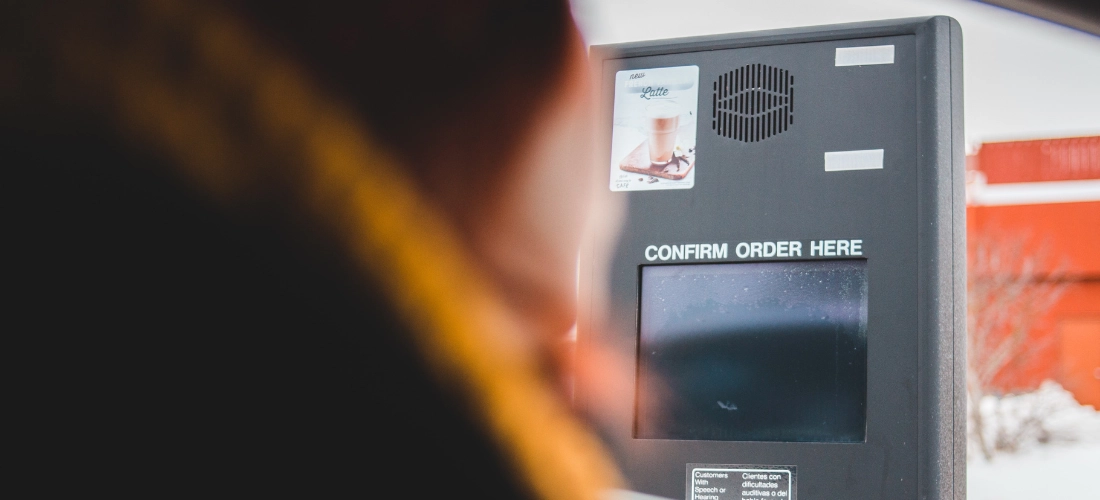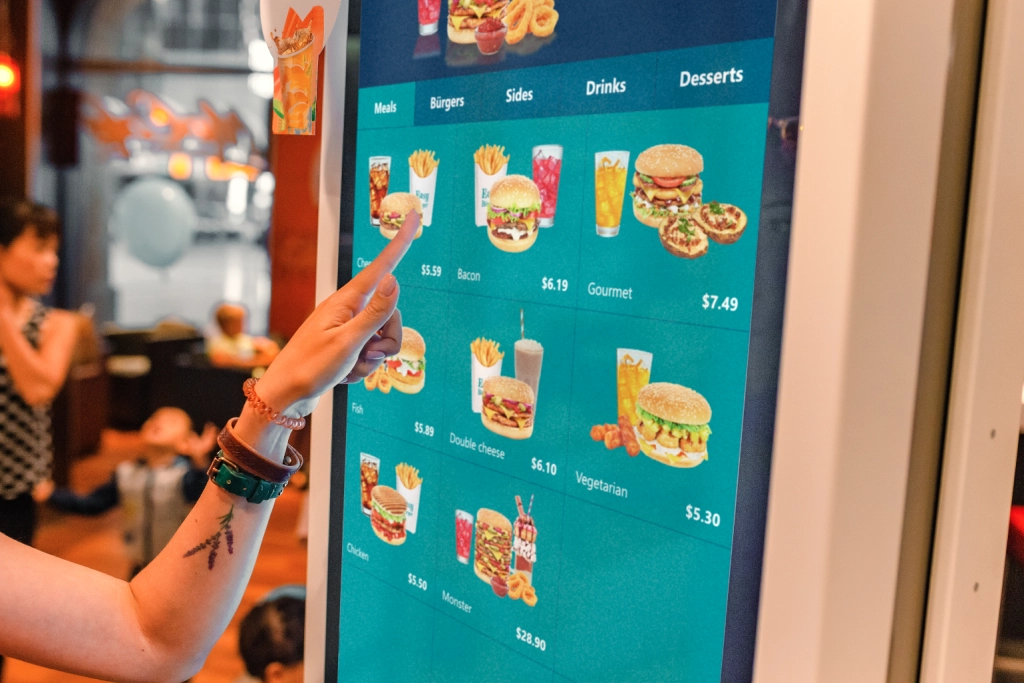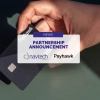WHY SELF-SERVICE TECHNOLOGY IS WORTH THE INVESTMENT?
The landscape of the retail and hotel industry has undergone significant changes in recent years, driven by a growing demand for customer independence. Traditionally, businesses valued extensive human interaction throughout the customer journey. However, a shift towards digitalization has empowered retailers and hoteliers to reevaluate their services using self-service innovations such as self-order kiosks, barcode scanners, smartphone applications, self-check-in and check-out, self-ticket purchasing and more.
The new generation of young customers is comfortable using technology in their everyday life. Or even more comfortable than when they are faced with real-life human interaction. The digital era we are living in has made it easier to do everything with just a few clicks: communicate, inquire, check, purchase, pay. As an established habit of theirs, this hands-on generation is open to innovation and modernization which gives a green light for businesses to start investing in self-services technologies and offer seamless customer experience.

Before transitioning to this novel customer approach and working method, it is important to consider the benefits that this solution will bring to your business. We list some of the main reasons why your retail or hospitality business needs to embrace the digital shift toward self-service:
-
Satisfied Loyal Customers
Do not put limits on the customer experience. Modernize guest channels by investing in self-checkout, self-order kiosks, self-check-in, keyless room entry, AI chatbots, mobile applications and more to ensure fast service and customer satisfaction.
For Retail:
Self-service technology in supermarkets or any retail store allows customers to save time by avoiding queues, particularly when they only have a few items to purchase. The implementation of self-checkout kiosks can mitigate chaos and alleviate anxiety during peak periods, such as Black Friday or Christmas, when extended waiting times tend to frustrate shoppers. Self-checkout is easy, fast, and convenient for customers and these benefits are gradually turning it into the preferred choice.
For Restaurants:
On a busy night, instead of waiting for the restaurant staff, your clients can choose their meal, place their order, and even pay within the same self-order kiosk. This reduces waiting time, order inaccuracies and the risk of having dissatisfied customers leaving angry reviews. Many fast-food chains have already incorporated this method: customers make their order directly at the kiosk, pay and wait outside the queue to collect their meals from a designated counter.
For Hotels:
Implementing self-check-in services at hotels offers a fully digitized and contemporary experience, keeping pace with the latest technological advancements. This streamlined process allows customers to check in quickly, and with keyless room entry, guests can effortlessly unlock their doors with a single click on their mobile phones. This high-quality and efficient approach is likely to leave a lasting positive impression on guests, potentially encouraging them to return and recommend the hotel's services to others.
-
Improved Staff Efficiency
With many hotels facing staff shortages amid high occupancy levels, self-service technologies address this challenge without compromising their reputation. These technologies play a crucial role in relieving staff from repetitive tasks, allowing them to redirect their focus towards delivering unique services that enhance guest experiences. This efficiency boost is particularly beneficial for businesses struggling with employee shortages or operating on tight budgets.
Once they are released from those repetitive tasks, employees can direct their time and efforts towards performing their specific duties. For instance, receptionists are no longer burdened with handling clients' requests related to housekeeping. Self-service technology enables guests to directly communicate any requests or complaints to the relevant personnel. And even on the busiest nights, restaurants can efficiently fulfill all client orders and requests, ensuring no one leaves hungry.
-
Customer Insights for a Personalized Experience
Self-service technologies provide valuable data insights, allowing businesses to gain a deeper understanding of guest behavior. This helps them analyze the most popular items or services and optimize their offering to align with specific customer preferences.
Guests can be given the option of adding services independently, for example spa packages, room service, additional TV channels or booking an extra night. Hotels then gather this data to inform decision-making processes, creating personalized promotional packages tailored to individual guest preferences. In addition, restaurants can use clients’ insights to create combo meals or identify less popular menu items that may need replacement. The same goes for any retail store where companies can identify their best-selling items and offer personalized discounts, depending on how the customer’s cart looks like. Monitoring the changing customer behavior is crucial for making data-driven decisions, adapting to the constantly evolving business landscape, and leaving your customers satisfied.

-
The More Personal Your Approach is, the More Sales You Drive
The ability to craft personalized offers and adapt to customer behavior stands as a powerful means to drive sales. As your customers will notice and appreciate your personal approach, they will choose you as their favorite store, restaurant or hotel and become loyal clients Investing in self-service technology not only fosters customer loyalty but also yields a long-term benefit in the form of increased sales. What is more, the twenty-first century customer is so used to this autonomous experience that they may even refuse to shop somewhere with no digital options.
When using self-order kiosks, customers tend to make bigger purchases than usual as they have all the different options displayed in front of them. You can use strategic upsell tactics such as suggesting additional sauces, drinks, making combo meals or upgrading to bigger menus to enhance sales outcomes.
-
Improved Order Accuracy
With self-order technology, you can be certain that the risk of making order errors will be significantly decreased. Your clients can specify their preferences or food allergies and the kiosks will send this precise information directly to the kitchen. This eliminates the possibility of miscommunication and alleviates concerns about staff members potentially forgetting or misunderstanding orders.
What is more, by leveraging self-service technology, you will not have to deal with angry customers or waste time preparing another meal due to inaccuracies in the initial order. This not only contributes to overall customer satisfaction, but also to your employees’ simplified flow of work.
To make use of all the self-service technology benefits efficiently, you also need a robust software system as they go hand in hand. Contact us to discover what solutions will keep you up to date with the latest technological advancements and help you modernize your customer experiences. If you need any assistance and guidance through the journey of your business' digital transformation, our NavTech Group team will be more than happy to create a customized solution for your needs.
Source: Benefits to investing in self-service technology for hotels







